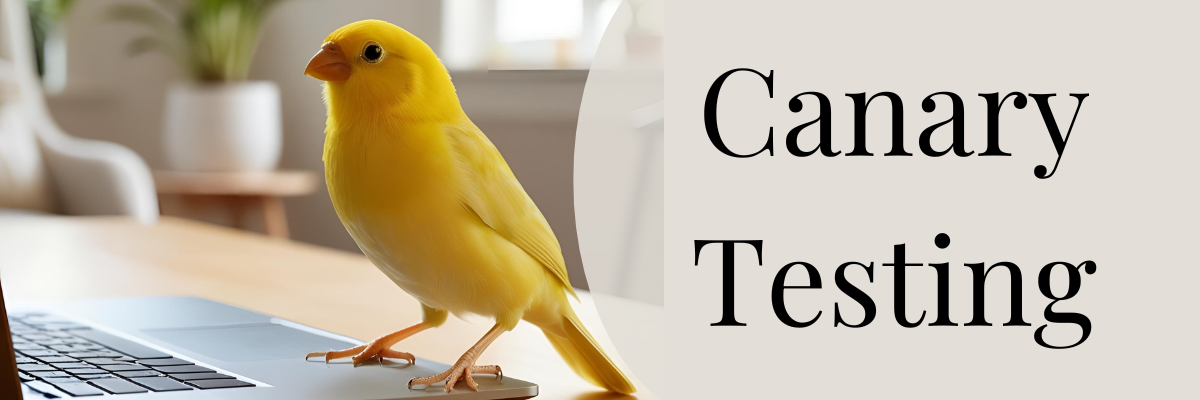As a seasoned project management professional with over fifteen years of experience under my belt, you might wonder why I decided to pursue the Project Management Professional (PMP) certification. After all, I’ve successfully navigated numerous projects, received praise, and been acknowledged for my contributions. However, the decision to obtain the PMP credential was always looming in the background, waiting for the right moment amidst the busyness of a full-time job and life’s other demands.
Recognizing the Need for Further Commitment
Despite my success, I realized the importance of formalizing my expertise in project management. The PMP certification has always been an emblem for deep knowledge and expertise in the field hence the reason it is so widely recognized. In addition, it wasn’t just about celebrating past successes; it was about equipping myself for the challenges ahead. Acquiring the certification represented a commitment to excellence and a gateway to new opportunities. Moreover, the increased complexity of technology projects made it clear that having the PMP body of knowledge could provide an edge in solving for enterprise-level transformations that encompass multiple work streams with large, distributed teams. Thus, I made a conscious decision to carve out time and make a plan to pursue this valuable certification.
Making a Plan and Taking Action
The journey towards certification is not without its challenges. Balancing the demands of work and study, navigating the intricacies of exam preparation, and managing expectations were hurdles I anticipated. With determination, I set a concrete plan in motion. I scheduled the exam and dedicated myself to studying. I sought out resources like Udemy and other video tutorials to supplement my knowledge and earn the PDUs required to qualify for the exam.
However, life had its own agenda. Despite my best efforts, the first exam date arrived, and I wasn’t fully prepared. Juggling work and personal commitments proved challenging, but I didn’t let setbacks deter me. Having to reschedule cost me a few dollars, but I was determined to be better prepared for the exam. I doubled down on my efforts, locked in, and committed to mastering the material before the looming deadline.
Triumph and Transformation
Finally, the day arrived, and with a slightly elevated heartbeat, I sat for the exam. With every question, I drew upon years of experience, coupled with the rigorous preparation I had undertaken. The hours spent poring over study materials, engaging in practice exams, and seeking guidance from various resources (thank you Reddit!) all culminated in this pivotal moment. It was a test not just of subject matter knowledge but also of resilience and adaptability—a reflection of the nuanced nature of project management itself.
A few days after taking the exam, I was thrilled and relieved to find out I passed the exam and did really well. The journey from uncertainty to triumph was transformative in more ways than one. It reaffirmed my passion for the field of project management and instilled a newfound sense of confidence in my abilities. Beyond the mere acquisition of a certification, it symbolized a personal and professional milestone—a testament to the endless possibilities that come with dedication and hard work.
The Value of PMP for Seasoned Professionals
You might be curious whether obtaining the PMP certification truly made a difference for someone with years of hands-on experience in project management. The resounding answer from my own journey is an emphatic yes! What distinguishes the PMP is its comprehensive framework and meticulous attention to detail, which added a new layer of depth to my existing expertise.
Suddenly, the processes I had been implementing intuitively for years gained clarity and structure. The PMP’s emphasis on best practices and standardized methodologies brought a fresh perspective to my approach, refining my understanding of project management principles and reinforcing their importance in achieving successful outcomes.
One aspect that particularly stood out was the input/output approach, which provided a systematic way to approach project phases. I mean, it sounds really simple but can help sharpen the pencil so to speak. By breaking down complex tasks into manageable components and identifying the inputs required and outputs produced at each stage, I gained valuable insights into how to streamline workflows and optimize resource allocation.
Moreover, the PMP certification served as a catalyst and evidence for continuous improvement, encouraging me to reflect on my practices and identify areas for refinement. Through ongoing professional development and engagement with the local project management PMI community, I have been able to stay abreast of emerging trends and best practices, ensuring that my skills remain relevant and adaptive in an ever-evolving landscape.
In essence, the value of the PMP for seasoned professionals lies not just in the credential itself but in the transformative impact it has on one’s approach to project management.
Relevance of PMP Certification in the Age of Agile
Looking at the landscape today, where companies are embracing agile methodologies at an accelerating pace, questions may arise regarding the relevance of the PMP certification. However, it’s important to recognize that the PMP curriculum has evolved to encompass agile frameworks, ensuring that professionals are equipped to respond to this evolving landscape.
Contrary to the notion that the PMP is outdated, it now serves as a comprehensive framework that bridges traditional waterfall methodologies with agile practices. This integration allows project managers to seamlessly navigate between different project management approaches, whether it’s agile, waterfall, or a hybrid model, depending on the unique needs of their projects and organizations.
What sets the PMP apart is its commitment to providing a solid foundation of knowledge and best practices in project management, while also embracing the flexibility and adaptability inherent in agile methodologies. By combining the rigor of a time-tested body of knowledge with the agility required to respond to changing market demands, the PMP certification equips professionals with the versatility needed to excel in today’s complex business landscape.
Furthermore, the adaptability gained through PMP certification proves invaluable in an industry where agility and responsiveness are paramount. It empowers project managers to effectively lead teams, manage resources, and deliver results, regardless of the project management framework employed.
In essence, the PMP certification remains highly relevant in the age of agile, serving as a cornerstone for professionals seeking to navigate the complexities of modern project management with confidence and proficiency. Far from being outdated, it represents a forward-looking approach that combines the best of both traditional and agile methodologies, ensuring success in an ever-evolving industry.
In conclusion, while one can undoubtedly succeed as a project manager without the PMP certification, obtaining it sharpens the focus and provides a distinct advantage. It’s like adding clarity to an already clear image, refining skills and knowledge to excel in the field of project and product management. So, if you’re contemplating whether the PMP is worth it, my journey stands as a testament to its value and impact on professional growth.

Checkout my PMP Certification Information page.
Read more from our blog:





